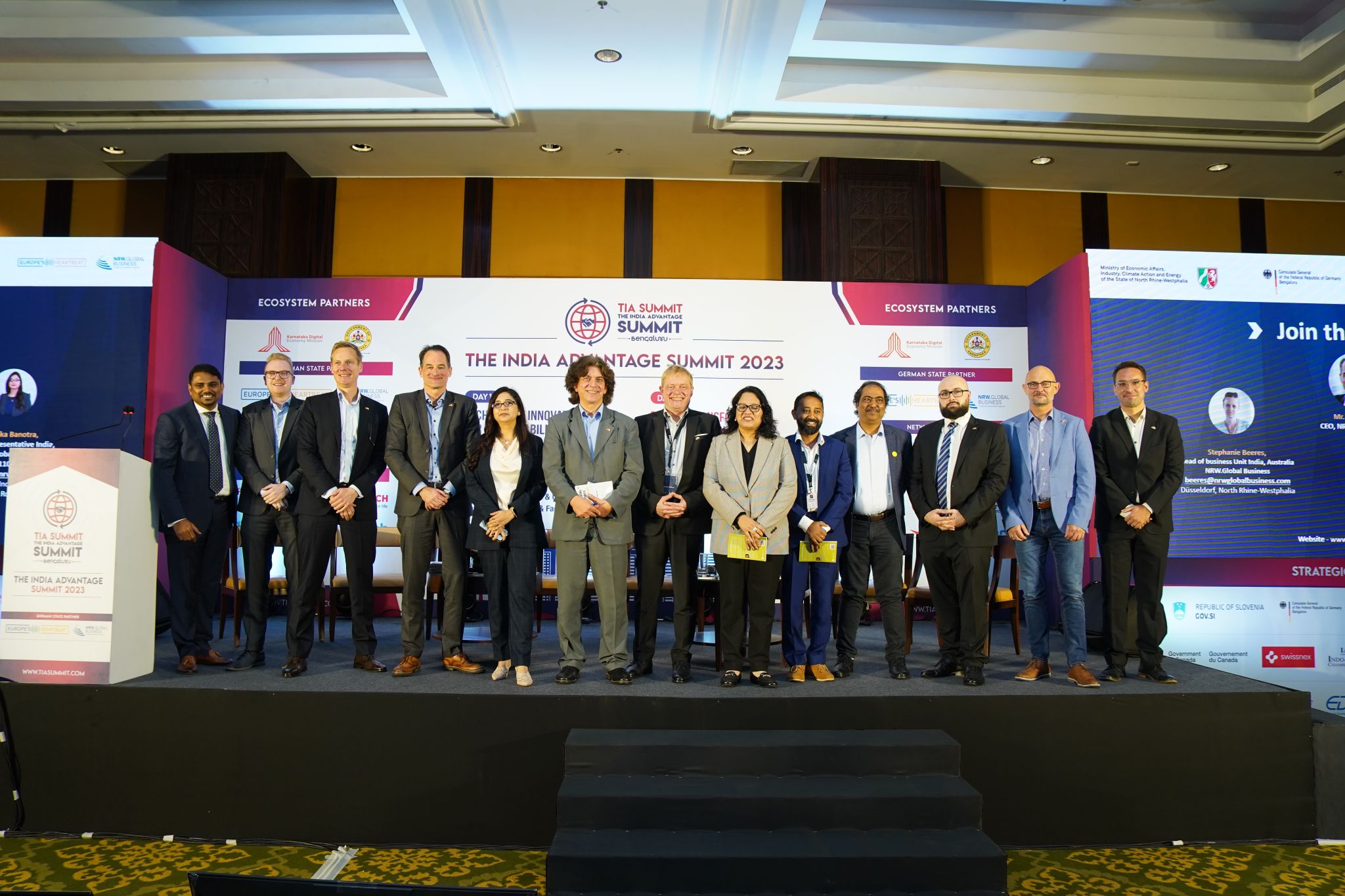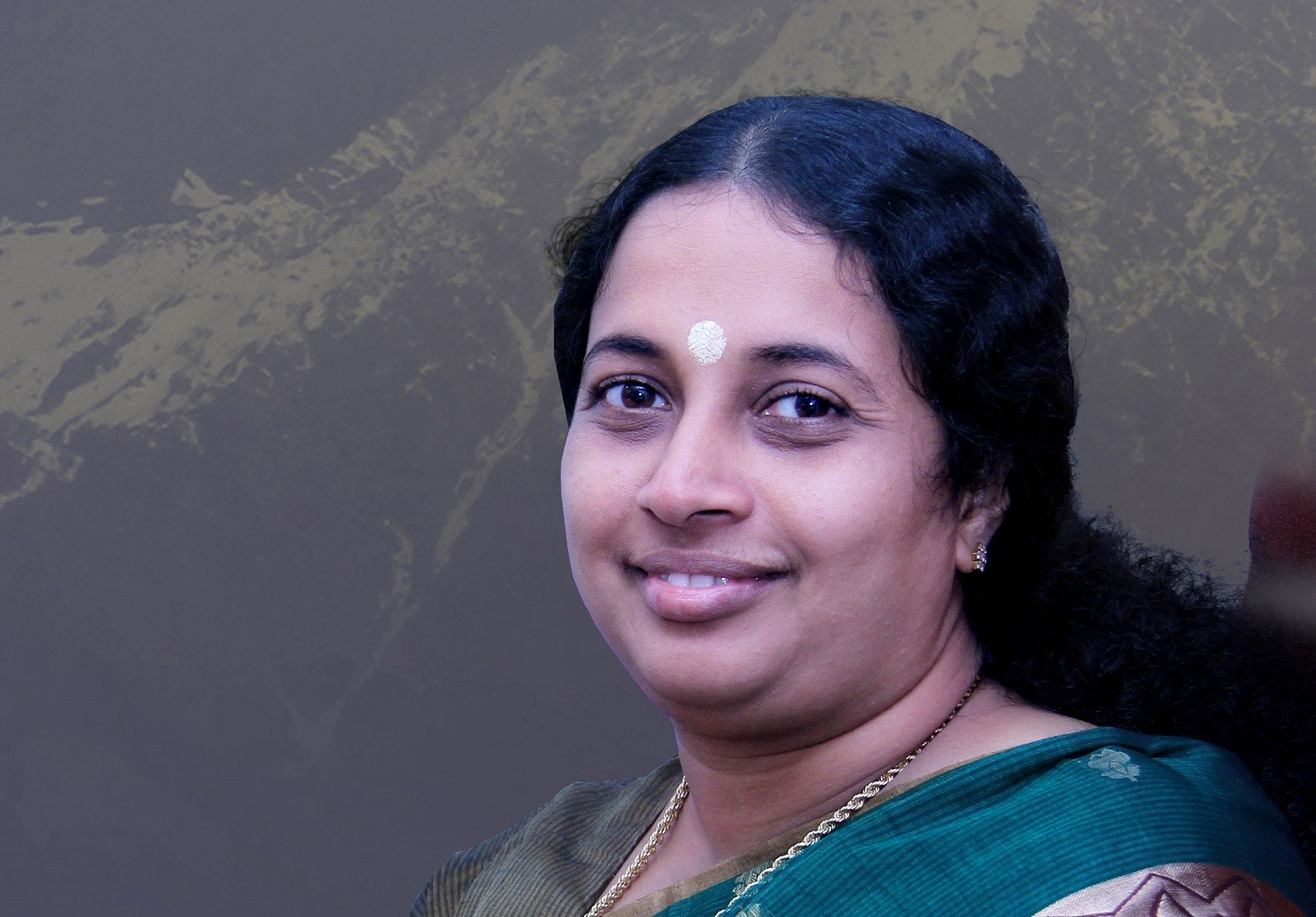Navigating the Intersection of Technology and Sustainability
Bengaluru, NFAPost: In the vibrant city of Bengaluru, The India Advantage (TIA) Summit unfolded its 7th edition at The Ritz-Carlton, bringing together a diverse array of leaders and experts from various industries. The summit, held over two days, proved to be a melting pot of ideas, innovations, and insights, fostering dialogue on cutting-edge technologies for sustainable global solutions. As the world grapples with pressing environmental concerns, TIA Summit 2023 aimed to catalyze discussions that could pave the way for accelerated advancements in climate technologies and sustainable development.
Setting the Stage:
Mr. Jose Jacob, Director, and curator of The India Advantage Summit, emphasized the pivotal nature of this year’s event. He underscored the need for a concerted effort among global leaders to explore innovative solutions, marrying technology with governmental reforms and well-crafted policies to reshape the planet’s present and future. The significance of the summit was echoed by speakers like Mr. Sujith Nair, Co-Founder and CEO of the Foundation for Interoperability in Digital Economy, who posed a critical question: Is a conversation on accelerating climate actions complete without addressing interoperability?
Global Perspectives on Collaboration:
Mr. Andreas Machwirth, Deputy Director of International Economic Relations and FDI, lauded the TIA Summit as a perfect platform for companies, institutions, and bright minds to come together and forge collaborations. With over 60 speakers from 13 countries, the summit covered a diverse range of topics, including Spacetech, Proptech, Cybersecurity, and Healthtech. These experts shared their experiences and insights, aiming to accelerate transformations in sustainable development.
Key Highlights and Insights:
The summit kicked off with Anthony Prakash, To Market Leader at Atsign, sharing his personal encounter with cybersecurity breaches, highlighting the escalating rates of cybercrime and the need for proactive measures. Sambratha Shetty, COO of Synergia Foundation, stressed the importance of adapting to change and acquiring the necessary knowledge and technology to navigate unforeseen challenges.
Abhishek Gupta, Venture Partner at We Founder Circle, emphasized the power of collaboration among tech, fund, and community for fostering startups, deals, and funds. Professor Dr. Heike Markus discussed the future of supply chain management, focusing on data-driven business models, while Srinivasulu Nasam explored digital transformation and sustainability in factories and logistics.
Sujith Nair’s keynote address sparked contemplation on the role of interoperability in accelerating climate actions, urging the audience to delve deeper into this critical aspect. The summit also featured innovative solutions to persistent problems, such as Harish Shenoy’s sustainable approach to plastic waste and Ravi Prakash’s vision for the future of technology and collaboration in the space industry.
Shree Harsha, Global Sales Strategy Director at Dassault Systèmes, provided insights on enabling purpose-driven companies through technology, aiming for a sustainable Virtual Twin future by 2040. Naveen Kamat, VP & CTO of Data and AI Services at Kyndryl India, explored driving the sustainability agenda with data-centricity.
Real-world Initiatives and Sustainability in Action:
Several speakers showcased real-world initiatives promoting sustainability. Sanjeev Kumar Gupta, CEO of Karnataka Digital Economy Mission (KDEM), discussed how KDEM supports sustainability innovation in Karnataka, contributing to the state hosting 43 of India’s tech unicorns. Sindhuja Sampath Kumar from FIDE emphasized the urgency of climate action and advocated for open, interoperable networks as a solution.
Shyam Karigiri, Managing Director at Moog Inc. India, moderated a panel on commerce, logistics, and factories, highlighting the transformative impact of technology and globalization on core economic concepts worldwide. Bala Parthasarathy, Chairman and co-founder of Freo, expressed optimism about the future despite climate change, emphasizing the potential for collective action to solve future challenges for the youth.
Global Collaboration for Sustainability:
Representatives from the German Consulate General and NRW.Global Business GmbH in India shared insights into Germany’s sustainable development strategy and its collaboration with India. They emphasized the importance of international cooperation in achieving global sustainability goals. Wiebke Dörfler, Managing Director of the Bavarian-Indian Centre for Business and University Cooperation, highlighted the role of international collaborations in creating sustainable innovations. Practical examples, such as projects focused on sewage treatment and supply chains, underscored the potential impact of these collaborations.
Conclusion:
The India Advantage Summit 2023 served as a comprehensive platform for leaders, innovators, and experts to exchange ideas on pressing global issues. From cybersecurity to sustainability, the discussions showcased a commitment to leveraging technology for positive change. The summit demonstrated that through collaboration, innovation, and a collective dedication to sustainability, the global community can address challenges and shape a better future. As we navigate the intricate intersection of technology and sustainability, these insights serve as a roadmap for future endeavours in creating a more resilient and sustainable world. The indelible mark left by the summit resonates with the power of collaboration and innovation in shaping a sustainable global landscape.





